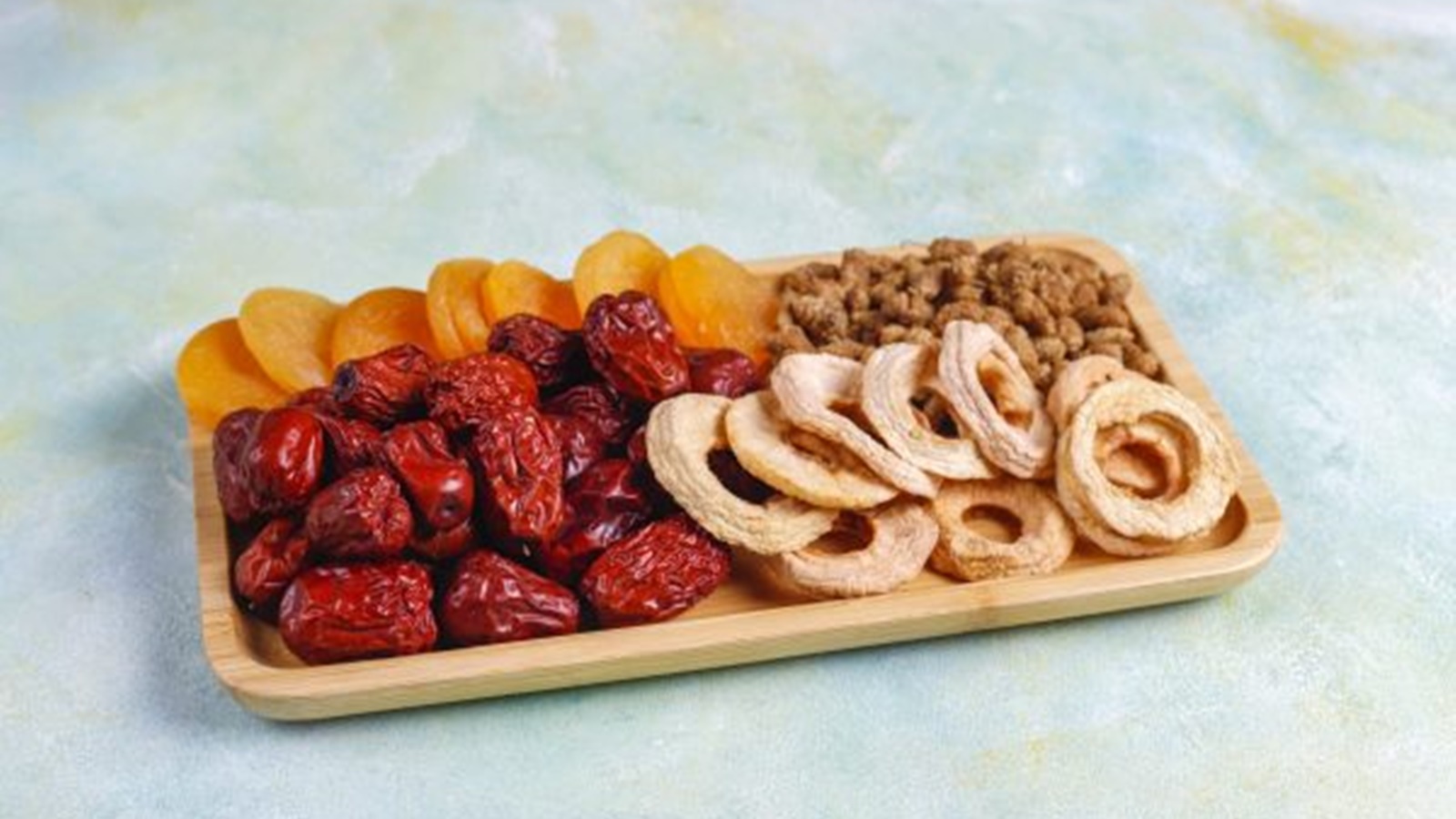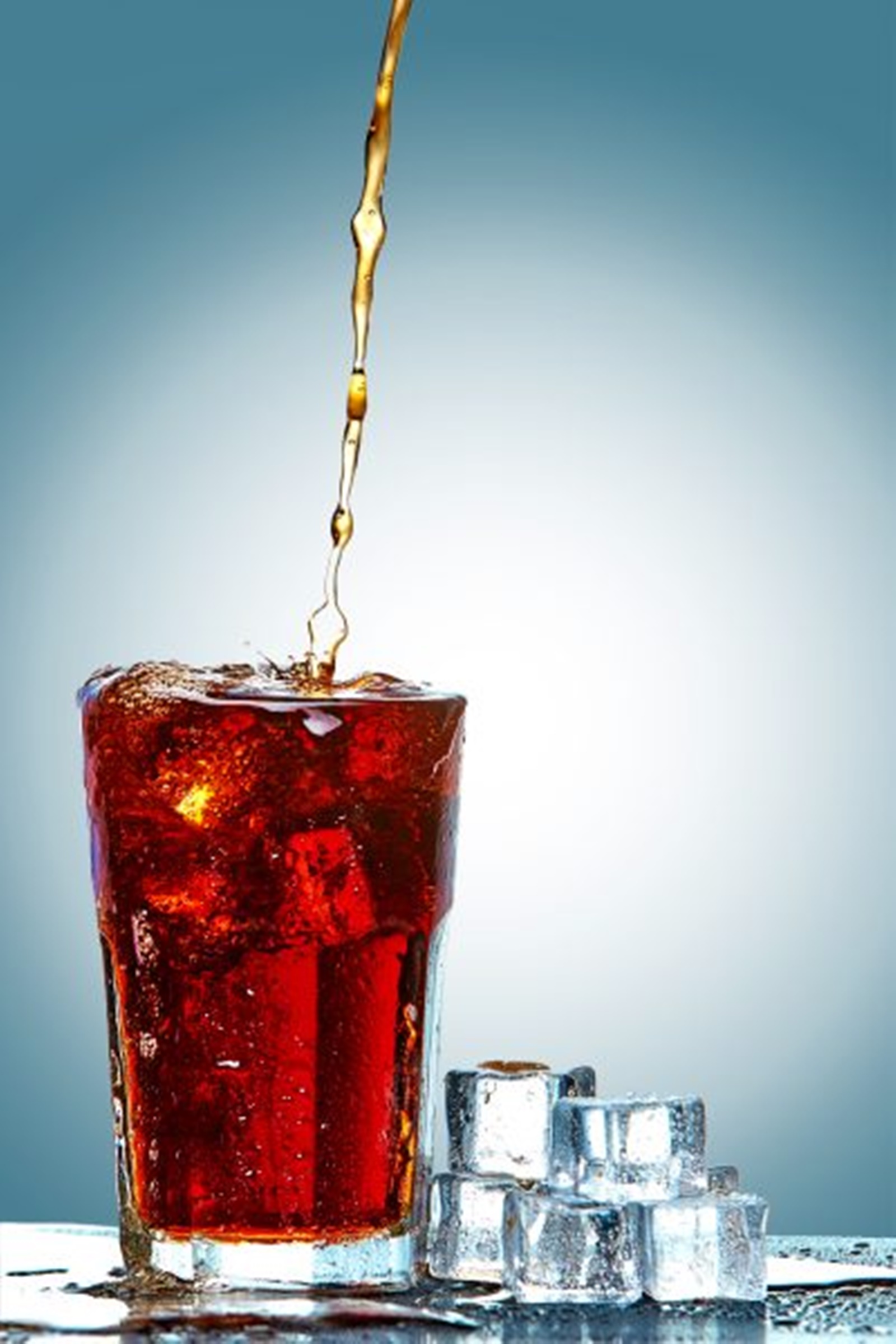Fitness
Are you prone to kidney stones? Avoid these three foods

The pain from getting kidney stones is unbearable! If you’ve ever experienced it, you know how crucial it is to avoid anything that might trigger another episode. If you’re trying to keep those painful kidney stones at bay, there are three particular items you need to avoid — luncheon meat, soda pop, and dried fruits.
Dr Janine Bowring, a naturopathic shared a video on Instagram, talking about the three worst foods for your kidney that one must avoid if they are prone to developing kidney stones.
Dr P Vamshi Krishna, consultant urologist, at CARE Hospitals Banjara Hills, Hyderabad says, “Individuals prone to kidney stones should consider avoiding or limiting their intake of luncheon meat, soda pop, and dried fruits.”
Luncheon meat, also known as deli meat or cold cuts, is a type of precooked or cured meat that is typically sliced and served cold in sandwiches or on charcuterie boards. Luncheon meats are usually preserved by curing, smoking, or adding preservatives. These meats are often processed and can include: Ham, turkey, chicken, roast beef, salami, bologna, and pepperoni, he explains.
Ingredients or compounds contributing to kidney stone formation
High salt, sodium based preservatives , chemical laden taste enhancers are the compounds contributing to kidney stone, says clinical nutritionist Ishi Khosla.
Dr Krishna adds that ingredients or compounds contributing to kidney stone formation are:
Luncheon meat: They can be high in sodium, fat, and sometimes added sugars and nitrates/nitrites, making them less ideal for frequent consumption, especially for individuals with certain health concerns such as kidney stone formation. These are often high in sodium and animal protein. Excessive sodium can increase calcium levels in the urine, while high animal protein intake can increase uric acid production, both contributing to kidney stone formation.

Soda pop: Many sodas, especially colas, contain high levels of phosphoric acid, which can increase the risk of kidney stones. Additionally, the high sugar content can lead to obesity and insulin resistance, which are risk factors for kidney stones.
Dried fruits: These can be high in oxalates, a compound that binds with calcium in the urine to form calcium oxalate stones, the most common type of kidney stones.

Specific types of luncheon meat that are more harmful
Dr Krishna says that processed meats like salami, pepperoni, and certain types of sausages tend to be higher in sodium and preservatives compared to leaner options like turkey or chicken breast. These should be avoided or limited by those prone to kidney stones.
Sodas or carbonated drinks that are less likely to contribute to kidney stones
Clear sodas, such as ginger ale, lemon-lime sodas, and other non-cola beverages, generally have lower or no phosphoric acid content. Diet sodas can also be a better option as they have lower sugar content, but moderation is still key, suggests Dr Krishna
Foods or drinks that people prone to kidney stones should avoid
Dr Krishna recommends some common foods or drinks to avoid:
*High-oxalate foods: Spinach, rhubarb, beets, nuts, chocolate, and tea.
*High-sodium foods: Processed foods, canned soups, and fast food.
*High-purine foods: Red meat, organ meats, and certain fish like sardines and anchovies, which can increase uric acid levels.
*Sugary foods and drinks: Foods with high added sugars, such as sweets and sugary beverages, can contribute to obesity and metabolic issues that increase stone risk.
Processed foods, high sugar foods, caffeinated beverages, alcohol, wheat & related grains that may interfere with absorption of nutrients like magnesium, mentioned Khosla.
A balanced diet with plenty of water intake, moderation in high-risk foods, and a focus on fruits, vegetables, whole grains, and low-fat dairy products can help reduce the risk of kidney stones. Always consult a healthcare provider or a dietitian for personalised dietary advice, advised Dr Krishna.











